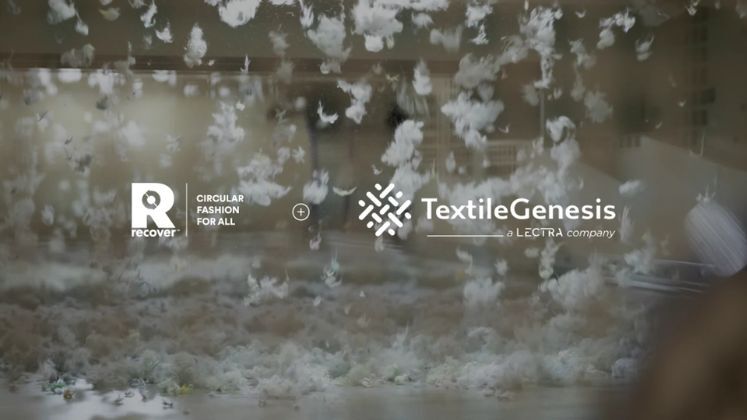
In order to help track recycled material during its life, Recover and TextileGenesis are collaborating on a traceability project.
Recover creates mixes of recovered cotton fibre that are used by retailers and brands who want to create a more circular value chain. The software-as-a-service (SaaS) product TextileGenesis, which is owned by the technology company Lectra, improves traceability for manufacturers of clothing and fashion. Together, the businesses aim to verify the potential of Recover’s circularity capabilities.
The Fibercoin tool from TextileGenesis, which is used in the pilot, essentially builds a digital twin of a certain asset that can be followed along the value chain. Fibercoins can be used to track textiles, clothing, and fibres. To verify movement along the supply chain, TextileGenesis created a token for every kilogramme of Recover material using Fibercoin. To verify the traceability of products through various supply chain systems, the organisations will employ two different approaches.
TextileGenesis and Recover intend to leverage the technology for larger-scale fiber-to-garment traceability across retail supply chain use cases after the trial is finished. The notion is that businesses will find it easier to verify circularity and recycling claims if they can track the material input all the way to the retail shopfront.
According to Orsolya Janossy, senior sustainability manager at Recover, it will become especially crucial for businesses operating inside the European Union in front of new legislation.
Recover currently employs physical tracers for its materials, but by collaborating with TextileGenesis, it intends to increase supply chain transparency for retailers and brands and validate circular claims. TextileGenesis’s creator and CEO, Amit Gautam, stated that the business is qualified to handle the responsibility with Recover.






